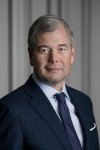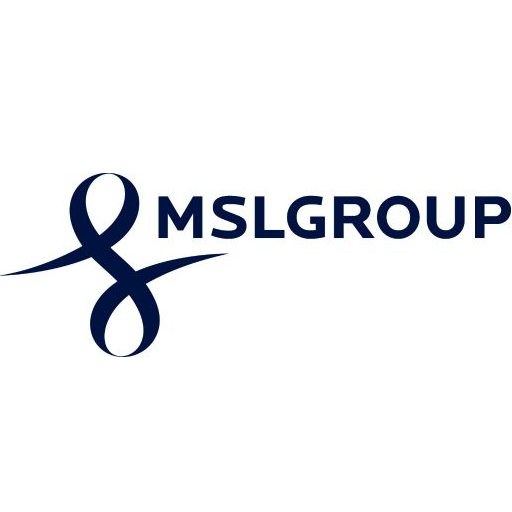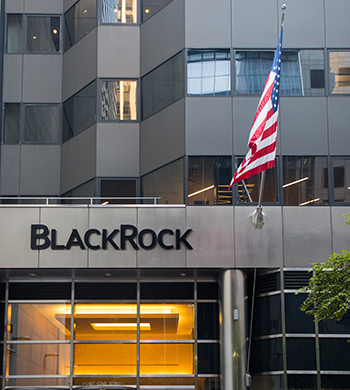MSL 27 Jan 2017 // 7:41PM GMT

One thing you can say about today’s world – it isn’t boring. Demanding yes, but boring no. The climate is changing, politics is shifting and the economy is pivoting east, while everyone is trying to find solid ground under their feet and direction for their endeavors and ambitions.
And yet, in some ways, nothing is new about this. After all, didn’t Marx write “all that is solid melts into air” when talking about society and the economy more than 150 years ago? He was witnessing the industrial revolution, as we are witnessing in real time the results of another revolution – the information revolution. The Luddites of the 19th century tried to stop the machines from replacing humans. Today a new anxiety is spreading as prognosticators talk about humans being replaced by artificial intelligence in the not too distant future.
If we have learned one thing over the course of centuries past, it is that the human imagination can be both wonderful and horrible. When we focus too much on days gone by, our tendency to fear change grows stronger. And change is coming, whether we want it or not.
So then, what is it to be a leader in a time when old maps are rendered useless by the changing terrain? What navigational tools are still relevant, and most importantly, what qualities in a leader should one look for and nurture? Over the years and through trial and error I’ve gained some insight into what is required of modern leaders, and I thought I would share three of these insights with you.
It is my experience that the responsive leader is a leader who is able to absorb uncertainties and create an atmosphere where the individual team members don’t have to spend their energy on thinking about the ‘what ifs’. It is fundamentally a good thing that there rarely is but one route to achieving our goals, but too much of a good thing can be, well, too much. A leader who can reduce these uncertainties will find that their co-workers perform with a higher degree of self-assuredness and purpose.
Secondly, a prominent feature of our information age is that we often have too much information, frequently conflicting and competing pieces of a much larger puzzle. Finding the signal in the noise is difficult, but nevertheless necessary if one seeks to provide leadership in an organization whose future success hinges on making the correct decisions today. The speed of change is such that entire industries can collapse in the span of a few years, due to the fast technical development and political decisions. Rapid course correction will, therefore, be necessary, and old doctrines must often be abandoned. A modern leader thrives on uncertainty and sees possibilities in the unknown unknowns, to paraphrase the former American Secretary of Defense, Donald Rumsfeld.
Third and last, what we need from a responsive and responsible leadership in the 21st century is a renaissance mentality – leaders who know many small things, as opposed to one big thing. Leaders who can recognize brilliance in a wide number of fields and subjects, and who realize that the solution to a problem can come from the least expected member of the team.
When all's said and done, the best outcome a leader can hope for is to be able to create the space and environment for his or her co-workers to be heroes, if just for one day.
 By Peter Steere
By Peter Steere
About Peter Steere
Peter Steere is the newly-named Chairman EMEA of MSLGROUP. Peter is responsible for about a third of the MSL business and more than 1,100 employees across 30 markets in Western and Eastern Europe, the Middle East and Africa.


































.jpg)















